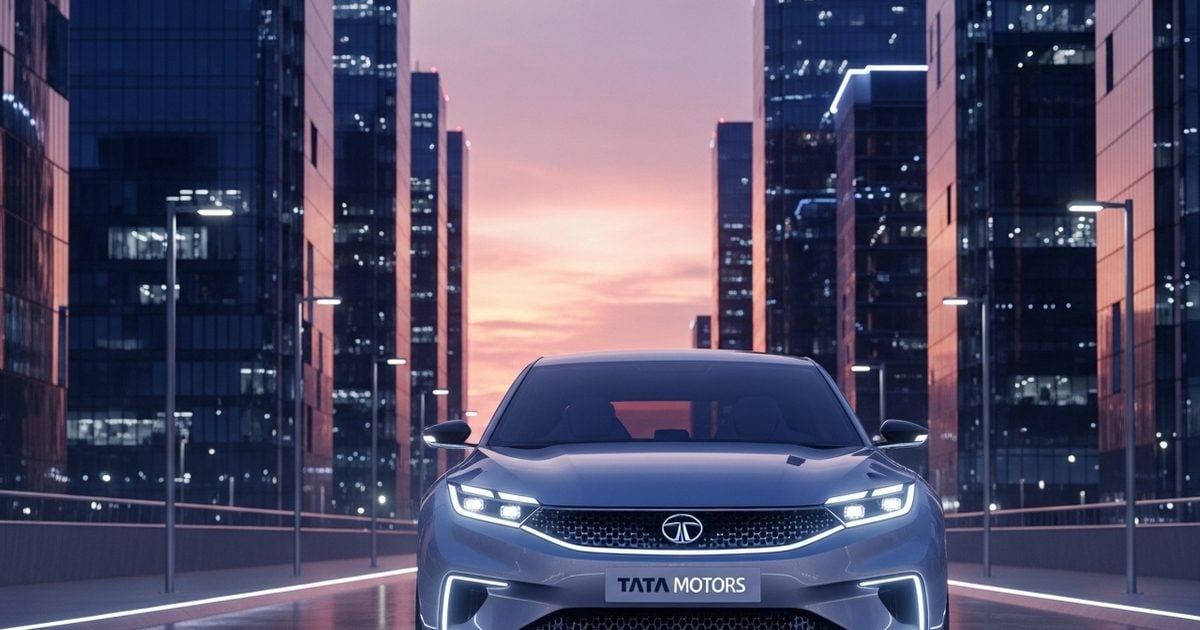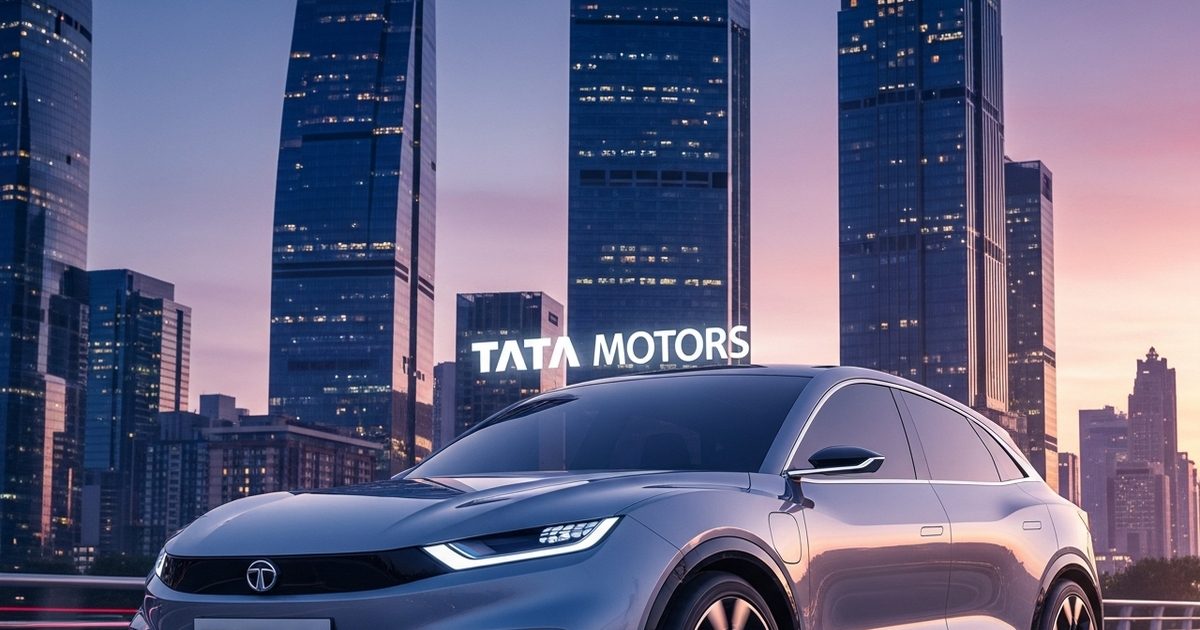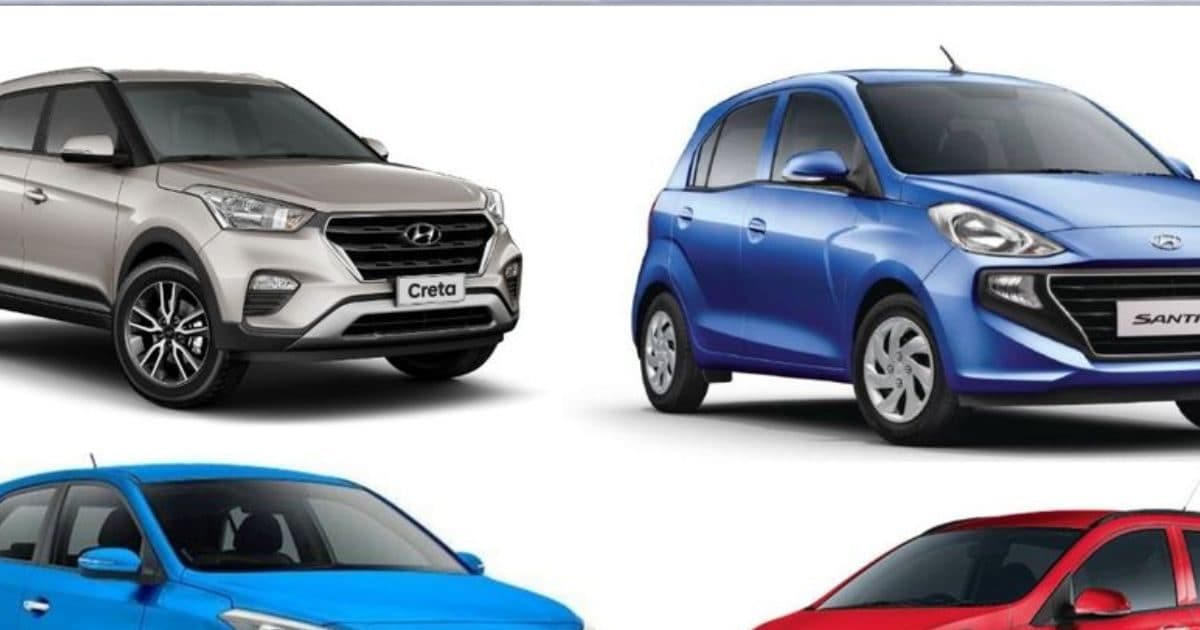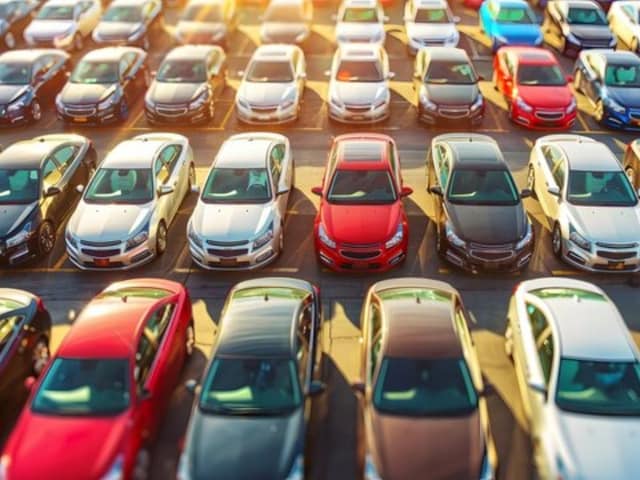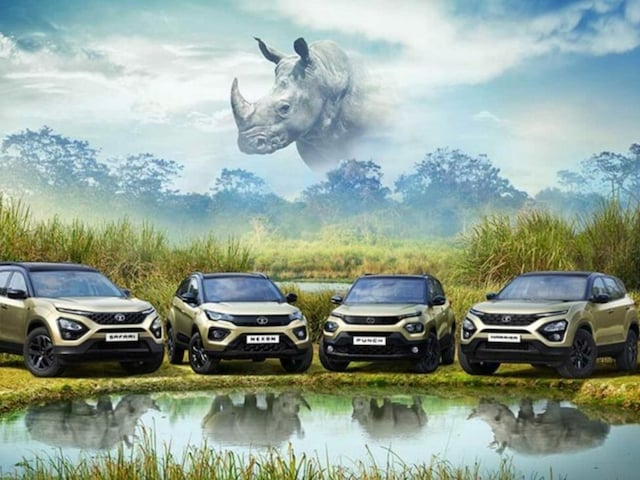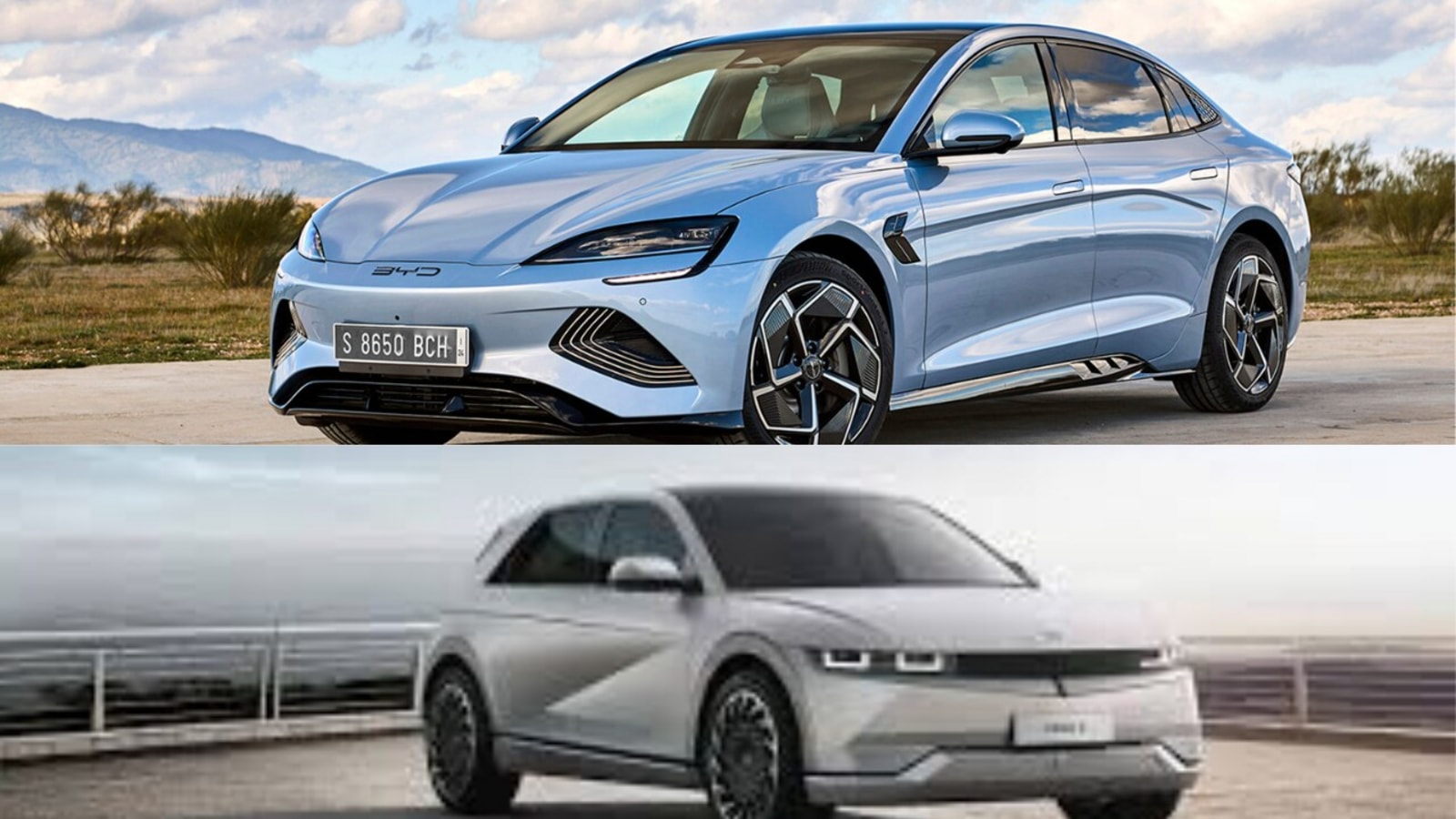Last Updated:
Tata Motors Becomes Second Largest Carmaker In Q3: Tata Motors has overtaken Hyundai and Mahindra to become the second largest passenger vehicle company in October-December 2025 due to strong sales of Nexon and Sierra. However, in terms of overall sales, Mahindra remained number 2 in 2025 and Tata and Hyundai remained behind it.
New Delhi. Tata Motors Passenger Vehicles Limited has become the country's second largest passenger vehicle manufacturer, leaving behind Hyundai Motor India and Mahindra & Mahindra in the October-December quarter. This achievement has been achieved due to the strong demand for the Nexon compact SUV and the initial sales of the recently launched Sierra. This information has come out from the vehicle registration data of the government.
vehicle portal statistics
According to data from the vehicle portal of the Ministry of Road Transport and Highways, Tata Motors registered 1.89 lakh passenger vehicles in the third quarter of FY 2026. In the same period, Mahindra registered 1.80 lakh units and Hyundai 1.70 lakh units. Tata Motors remained at second position in December 2025 also, due to which the company's growth continued in the second half of the year.
India's third largest passenger vehicle company
Tata Motors remained India's third largest passenger vehicle manufacturer throughout the calendar year 2025. During this period, Maruti Suzuki and Mahindra stood first and second respectively. Tata registered 5.92 lakh units in the year, while Mahindra registered 6.07 lakh units and Maruti maintained its leadership.
Great performance by Tata
Tata's performance was much better in the second half of 2025, with the Nexon securing the title of India's best-selling passenger vehicle in October and November. Continuous demand for Nexon in petrol, diesel and electric variants increased the company's overall sales. Apart from this, the company also benefited from the early sales of the Sierra SUV, which is slated to be re-launched in the market in late 2025.
Strong sale in December
According to vehicle portal data, Tata Motors sold 51,963 units in December 2025, while Hyundai recorded 48,312 and Mahindra 47,493 units. Tata's better supplies, large portfolio of SUVs and stable performance of electric vehicles strengthened the company's growth in the quarter. The company is planning to further increase its reach among consumers by launching new models in 2026. This will include refreshed versions of existing models as well as new names like Avinya. Many electric powertrain options will also be offered.

